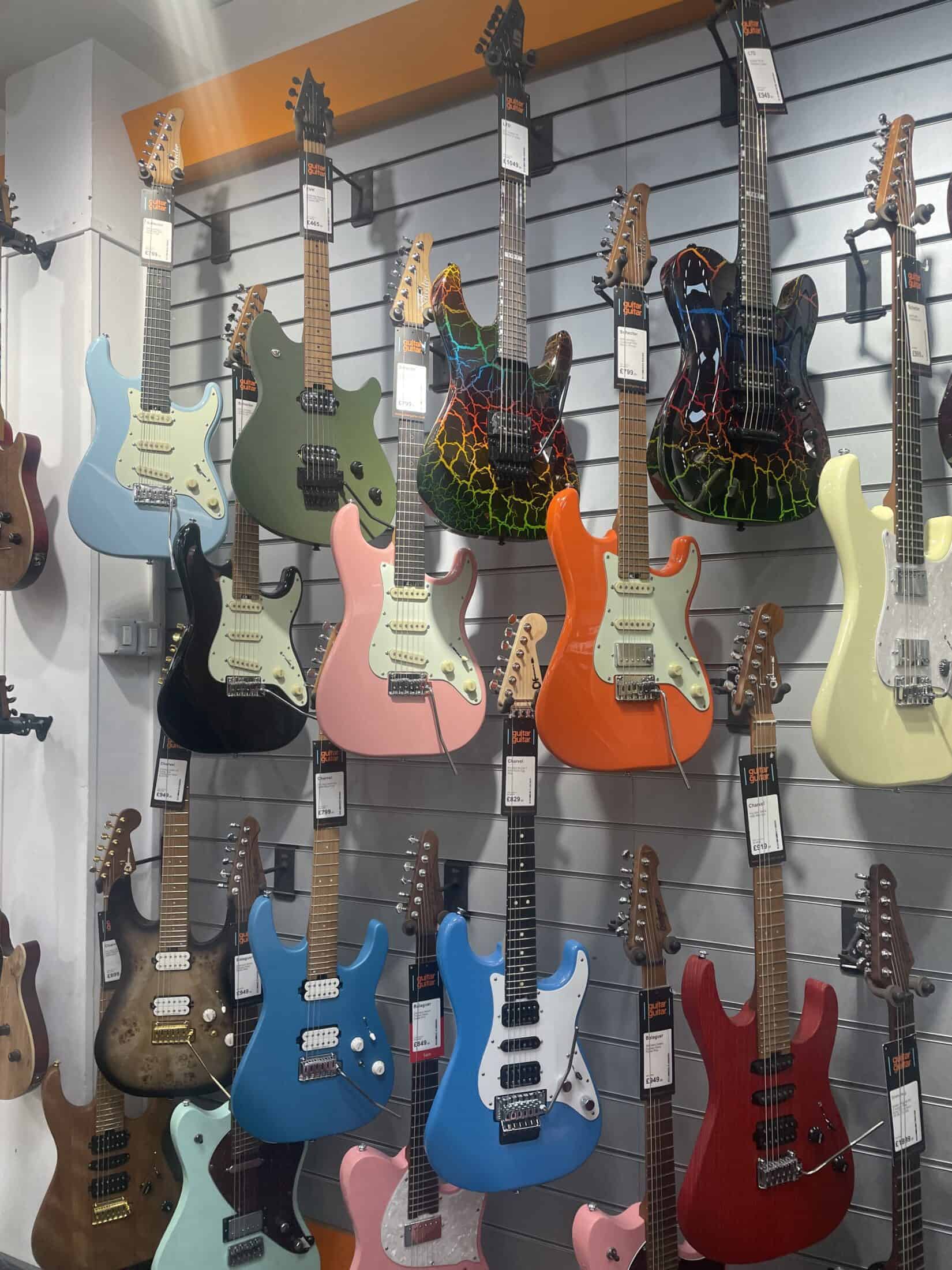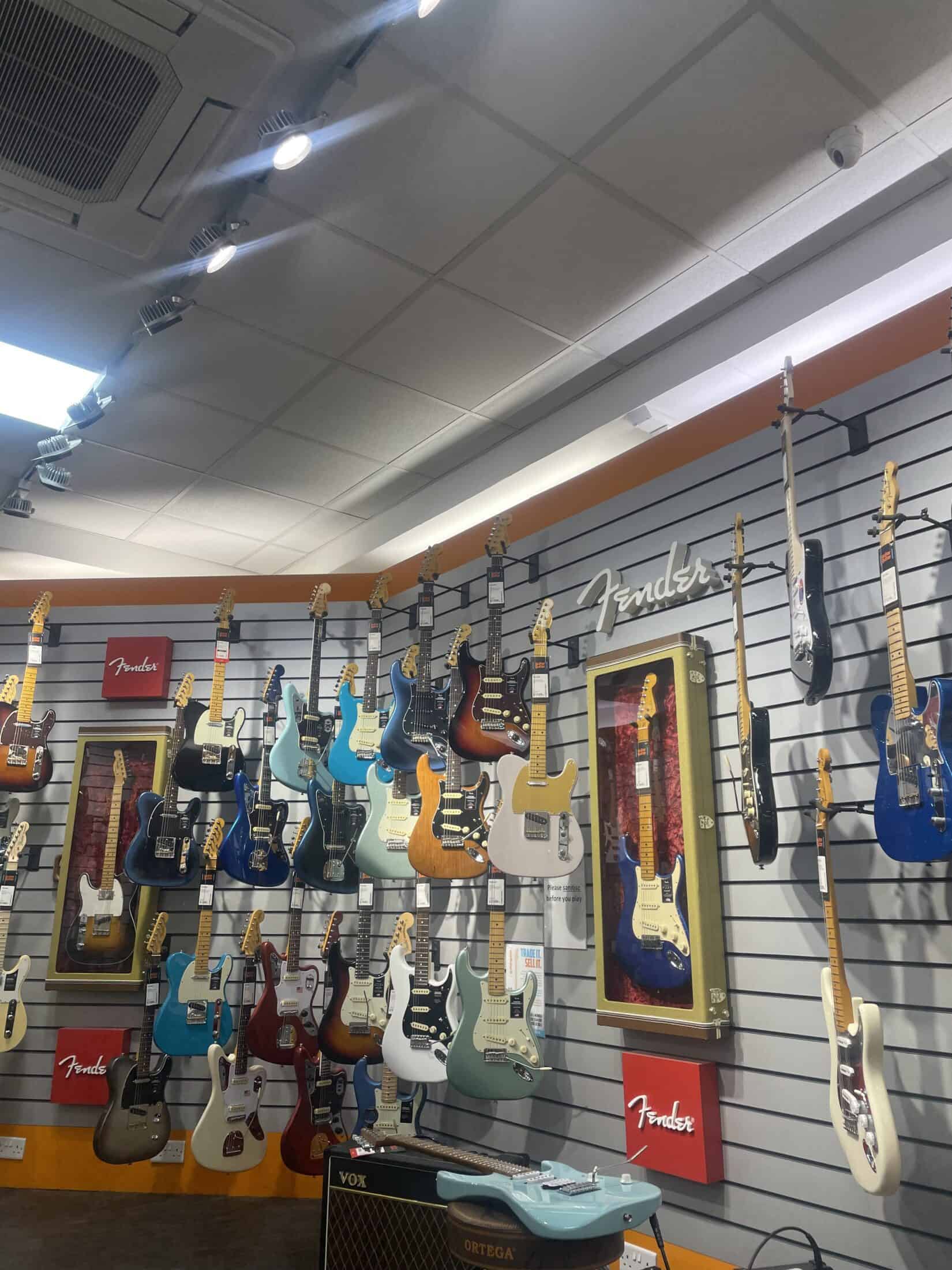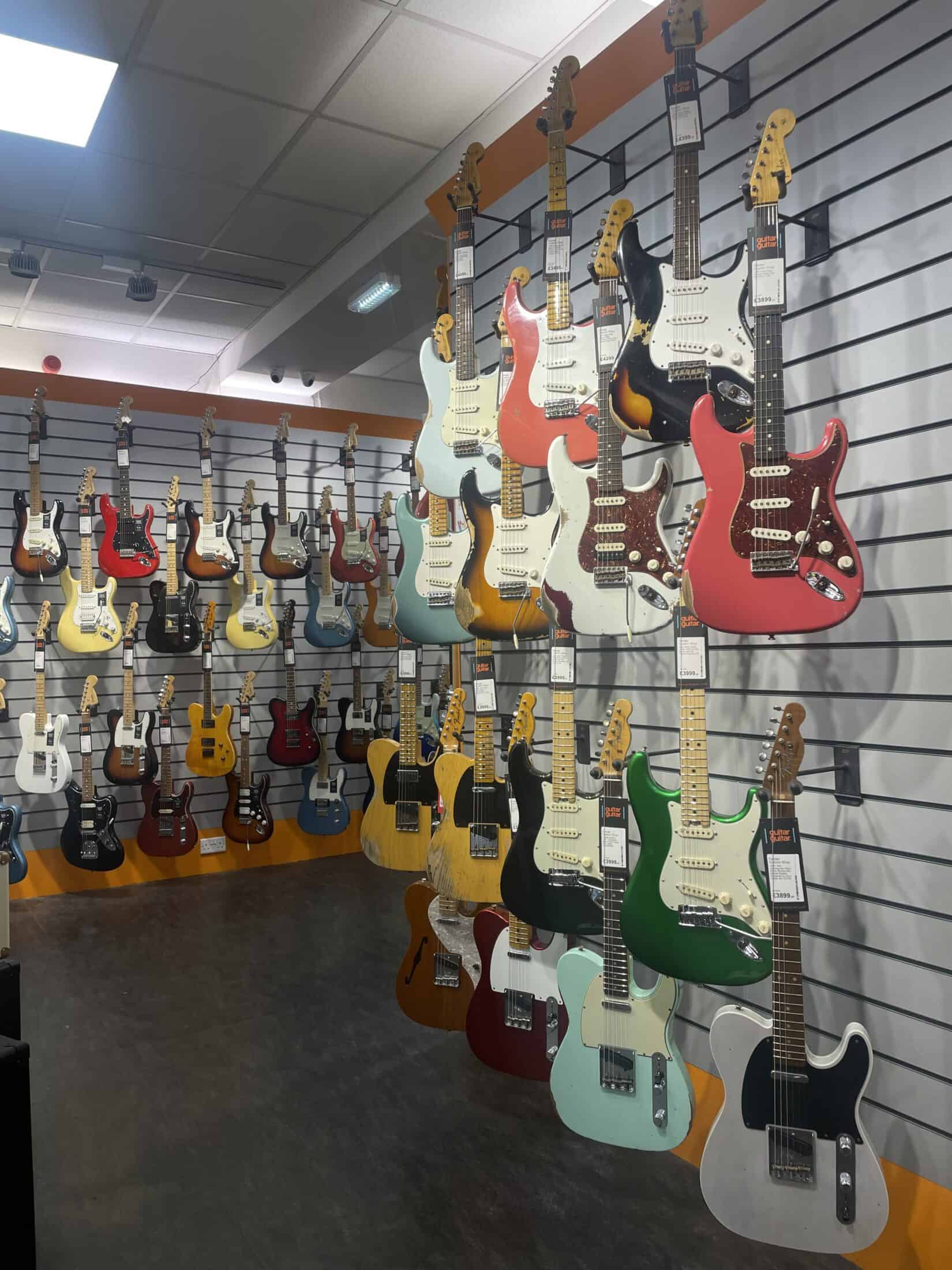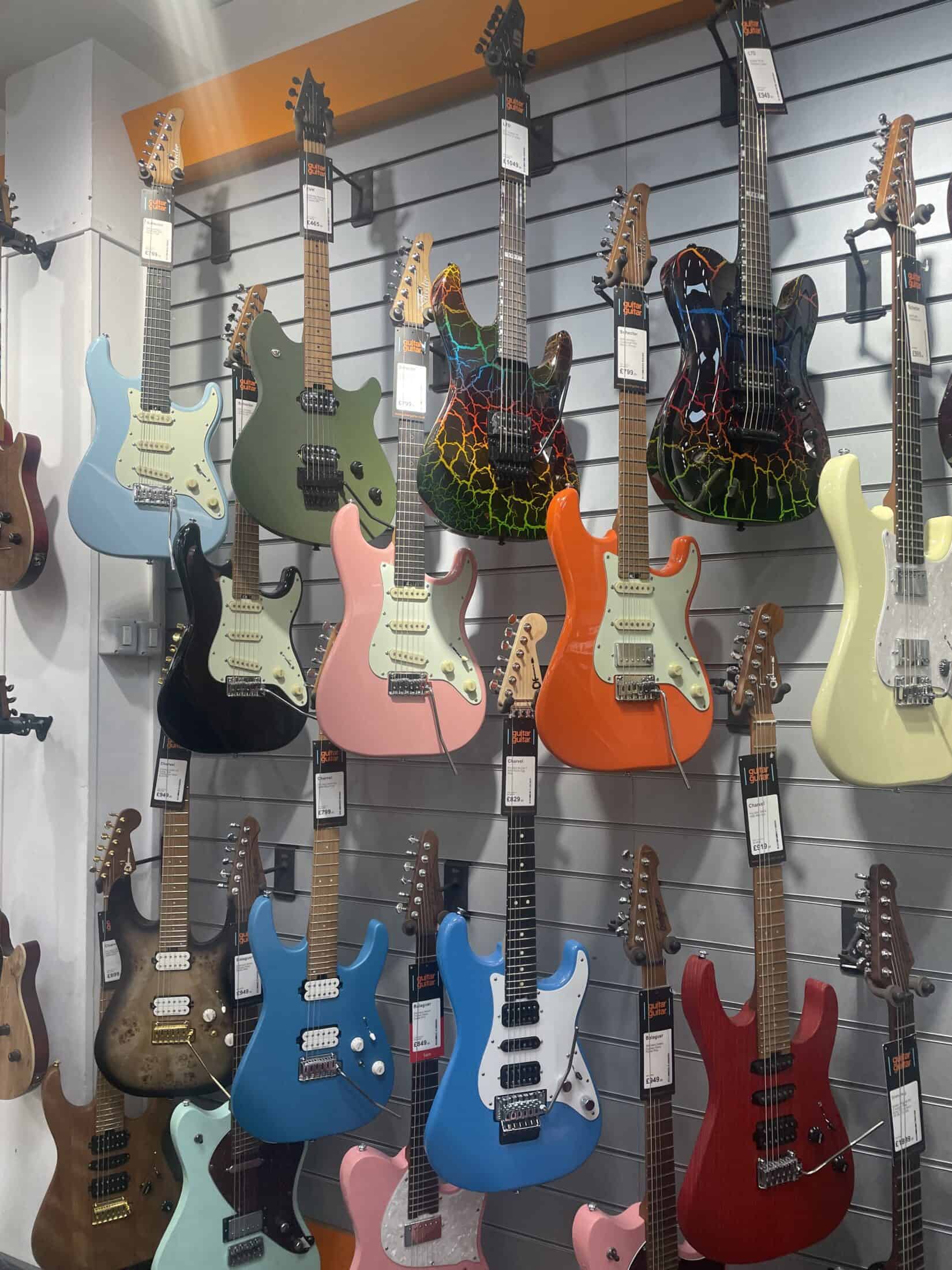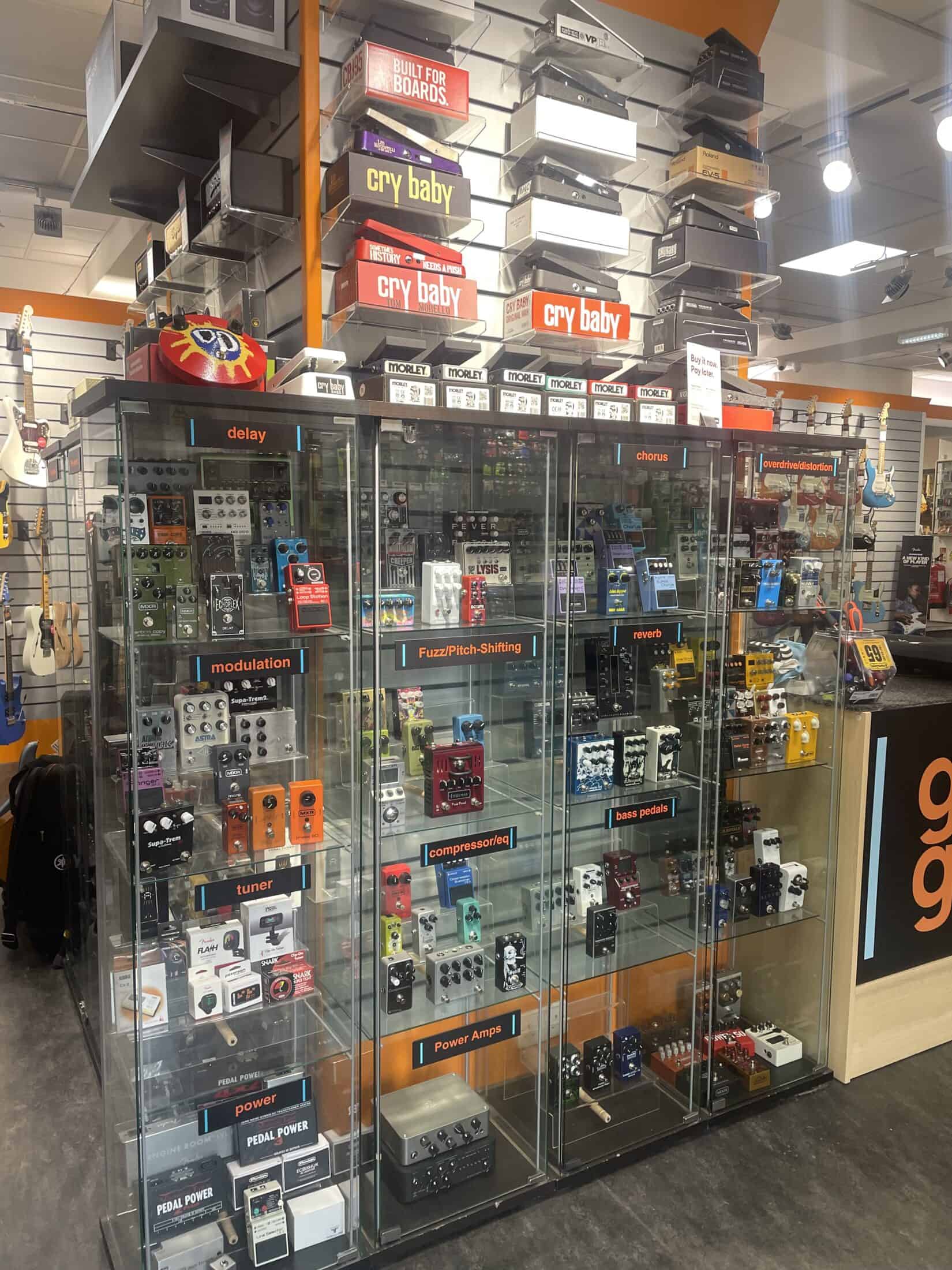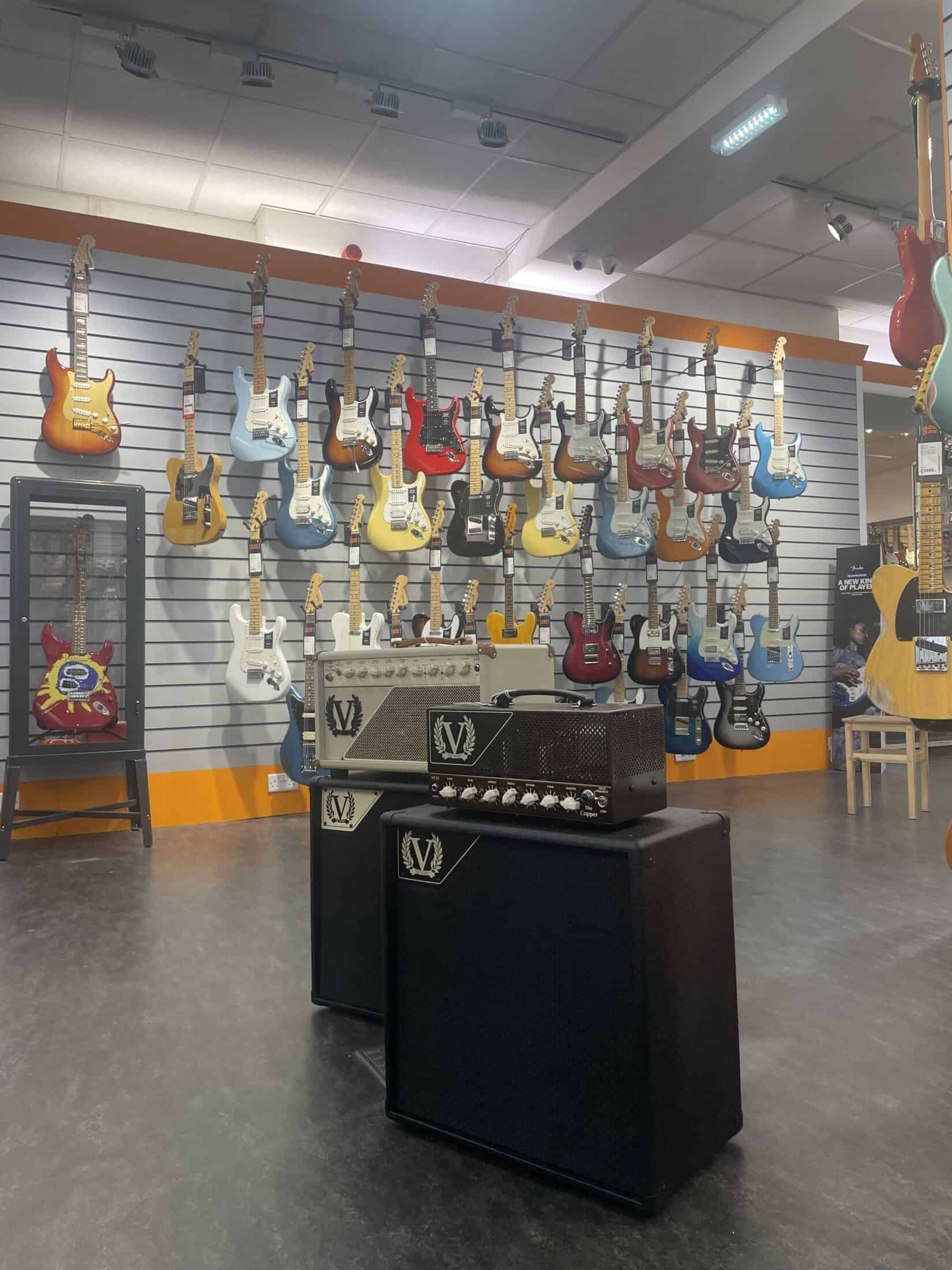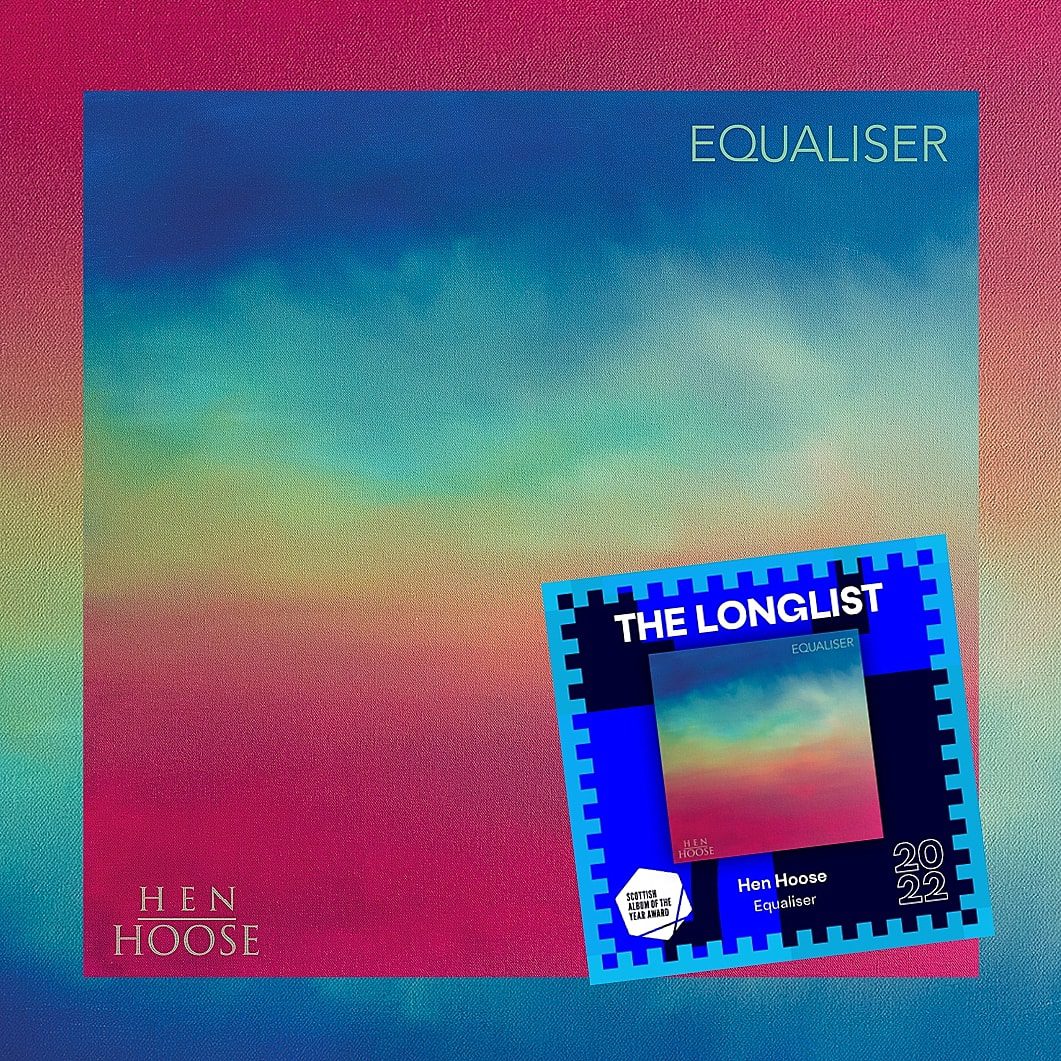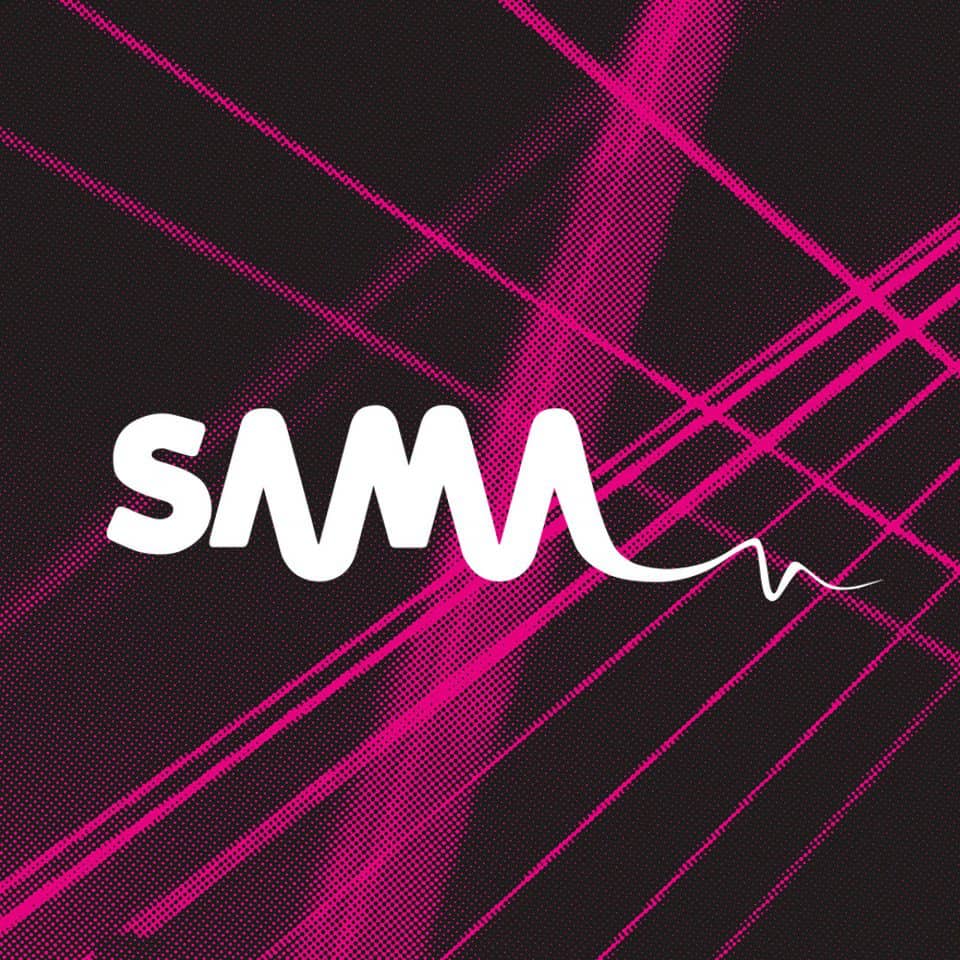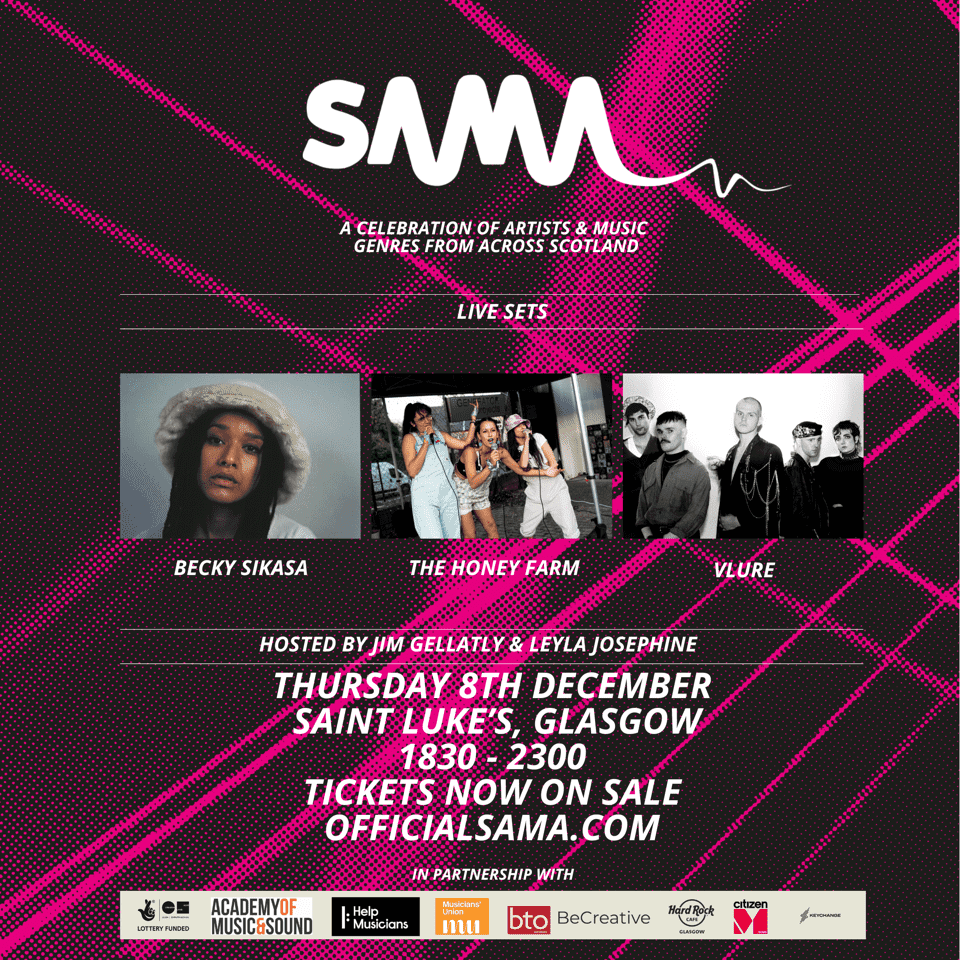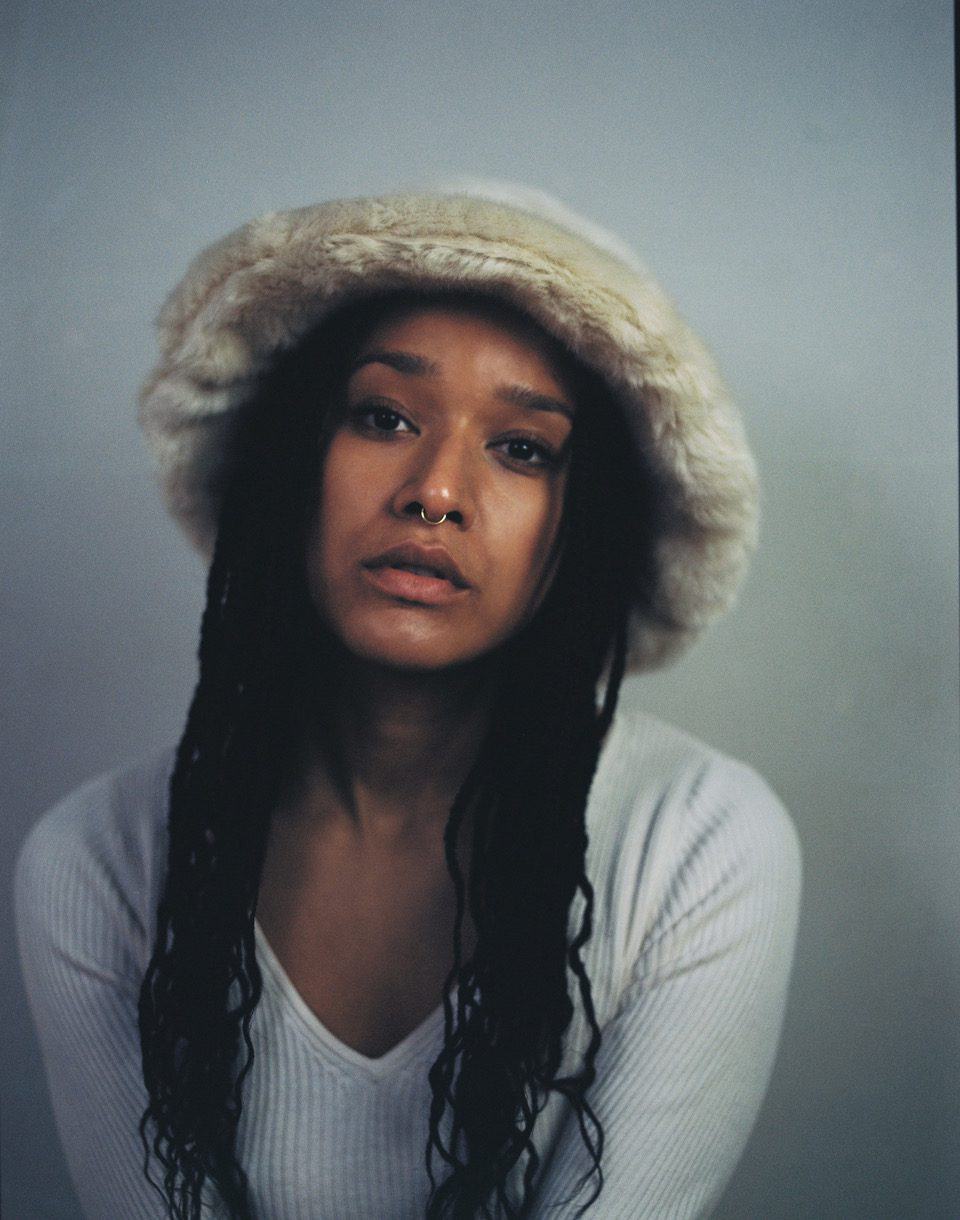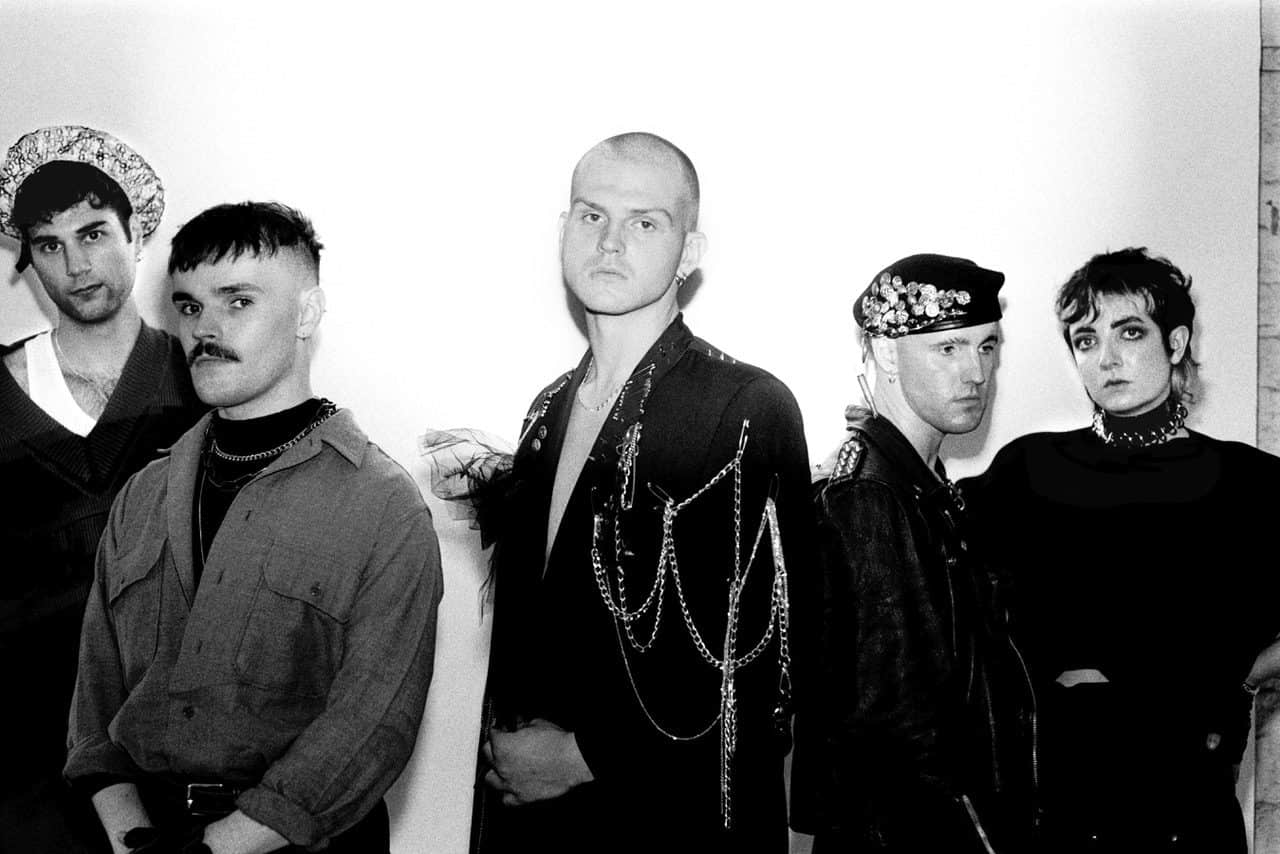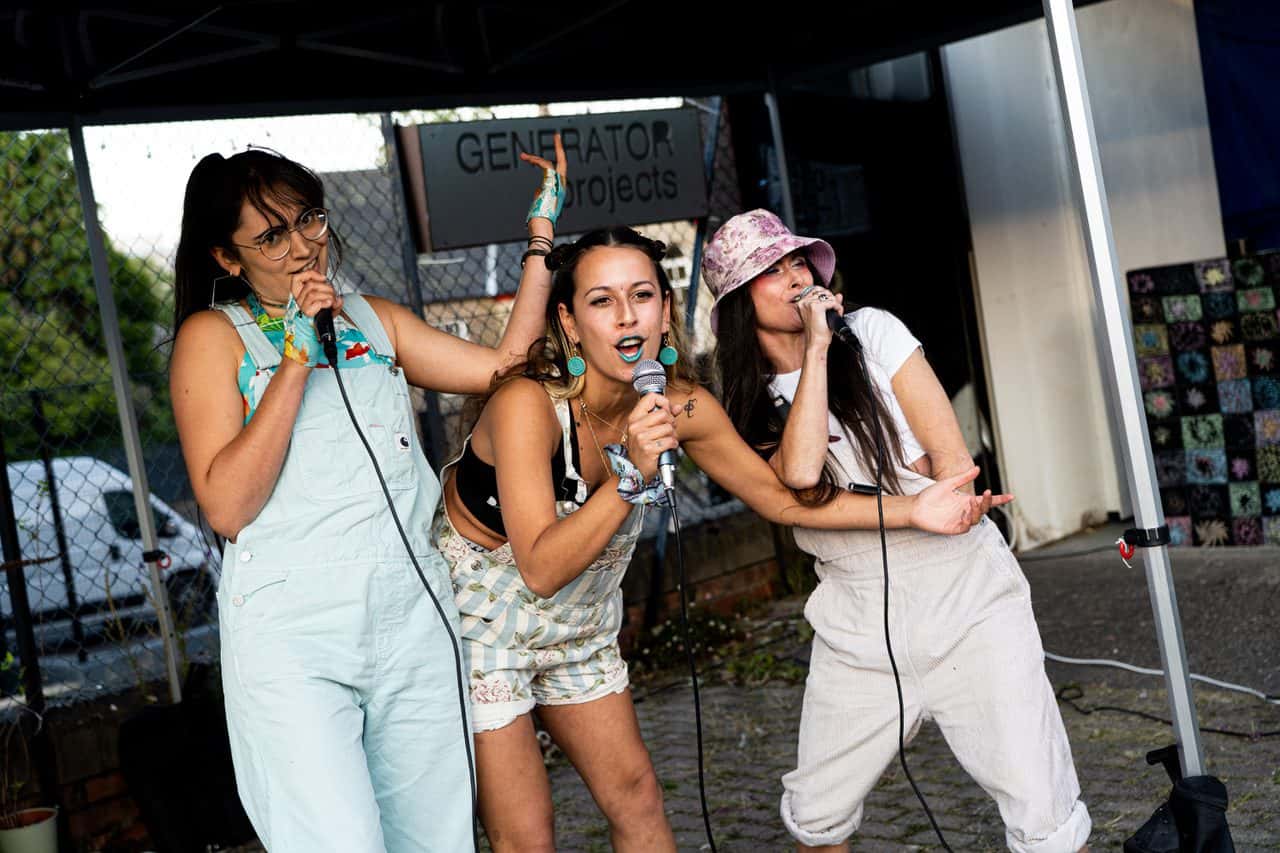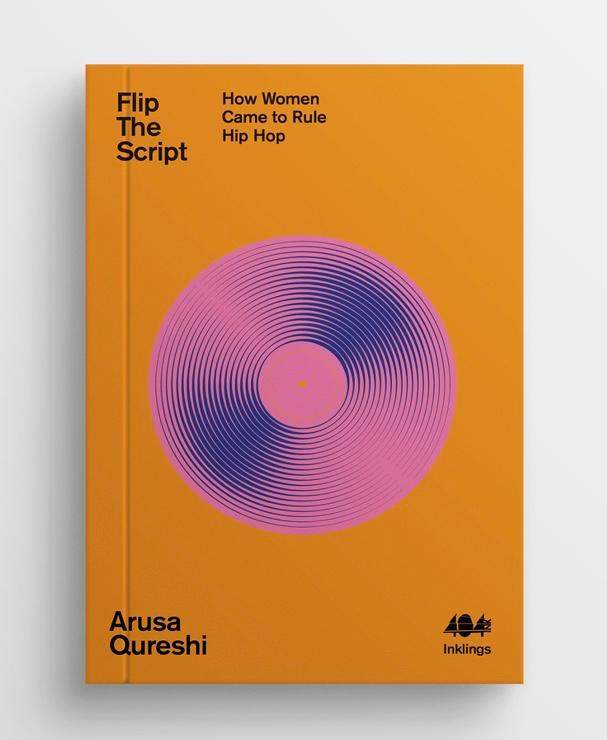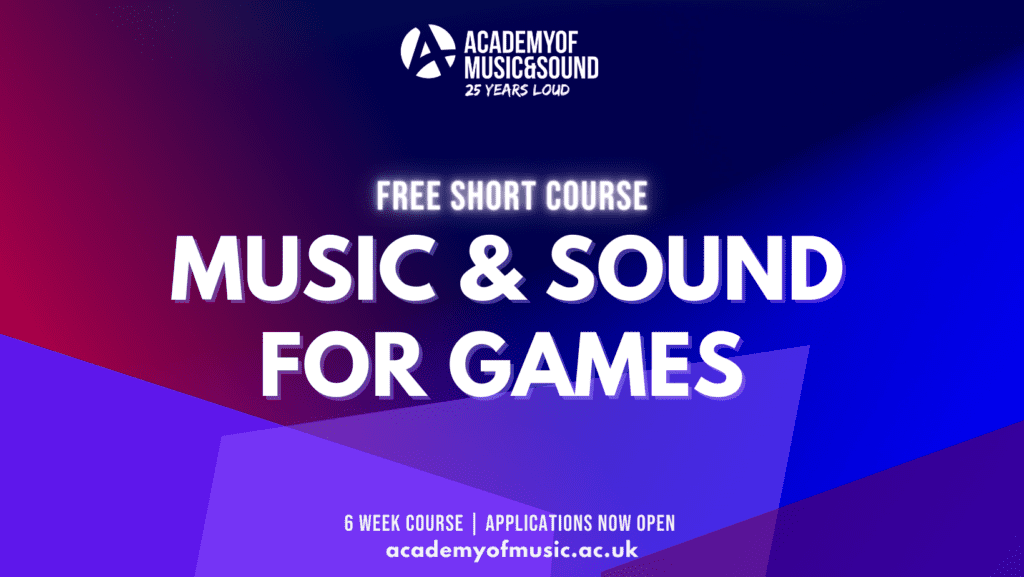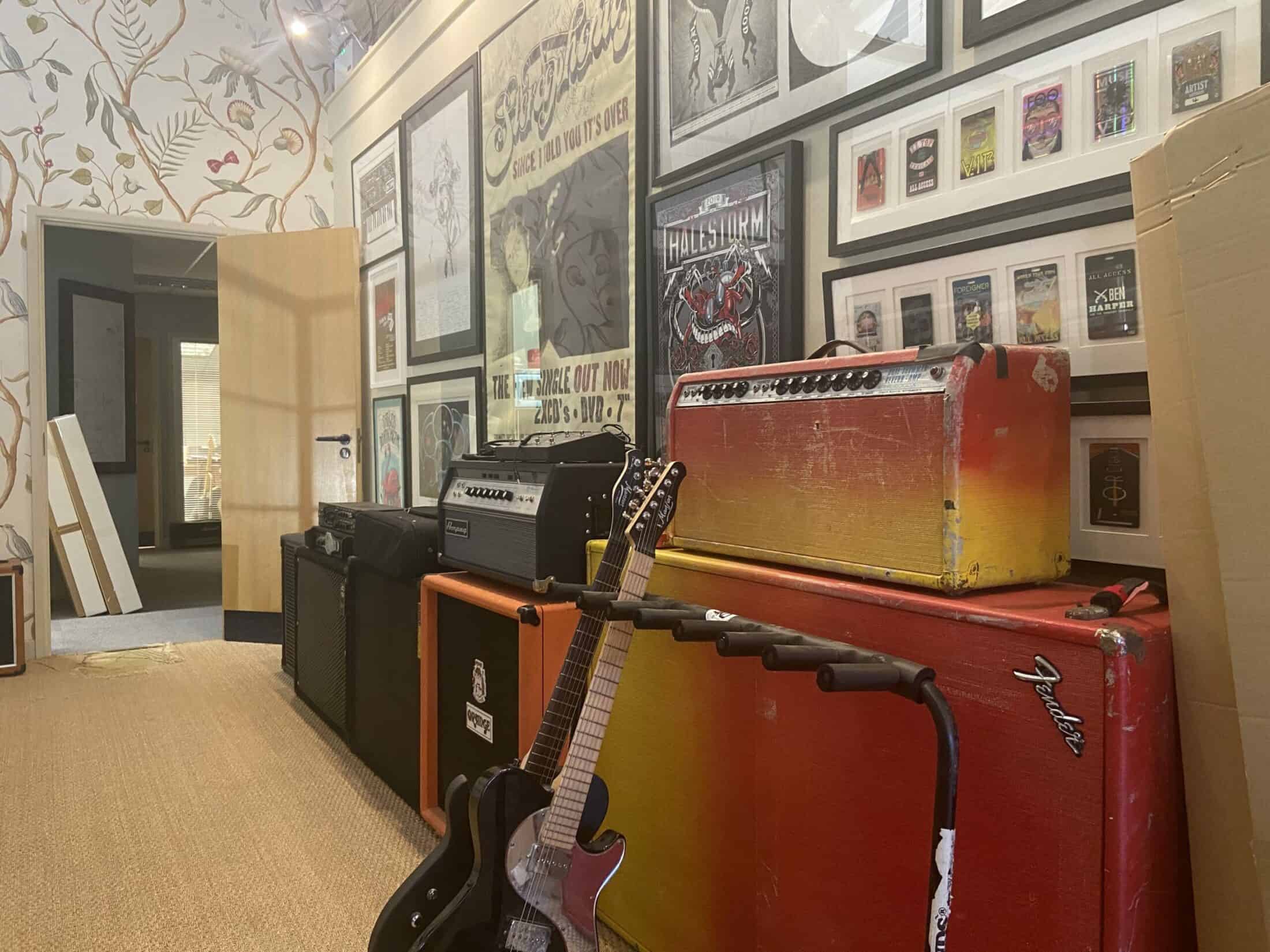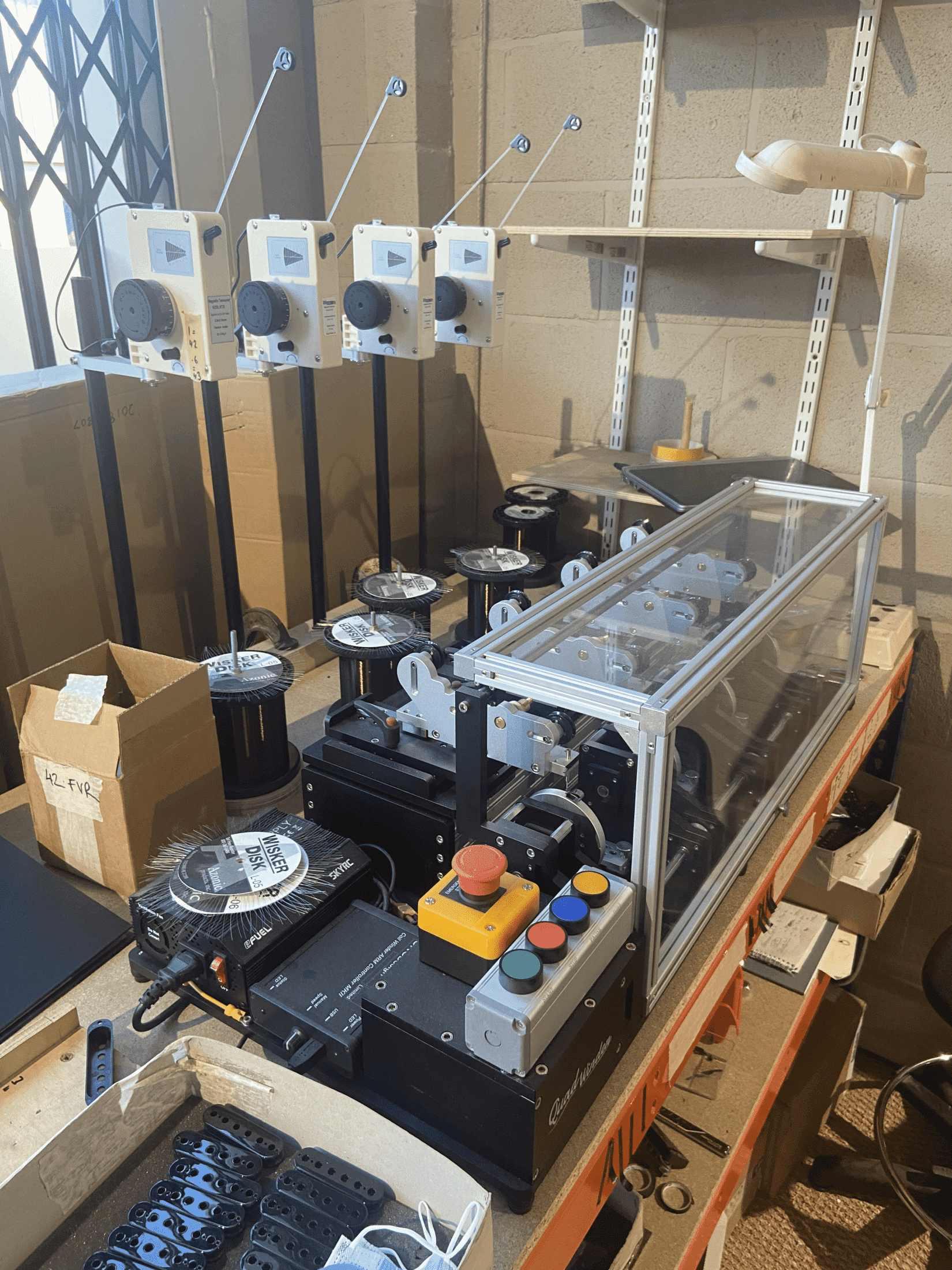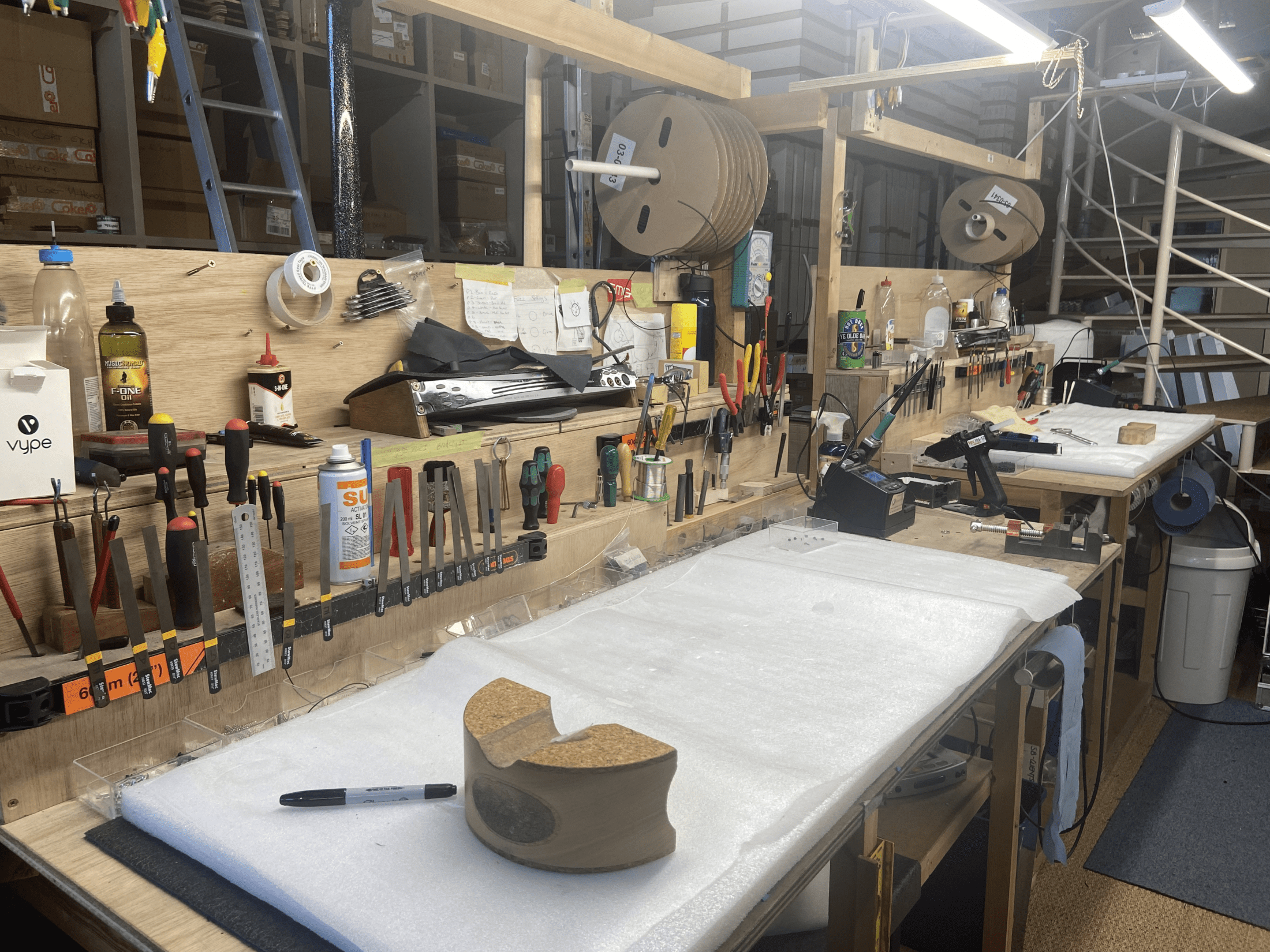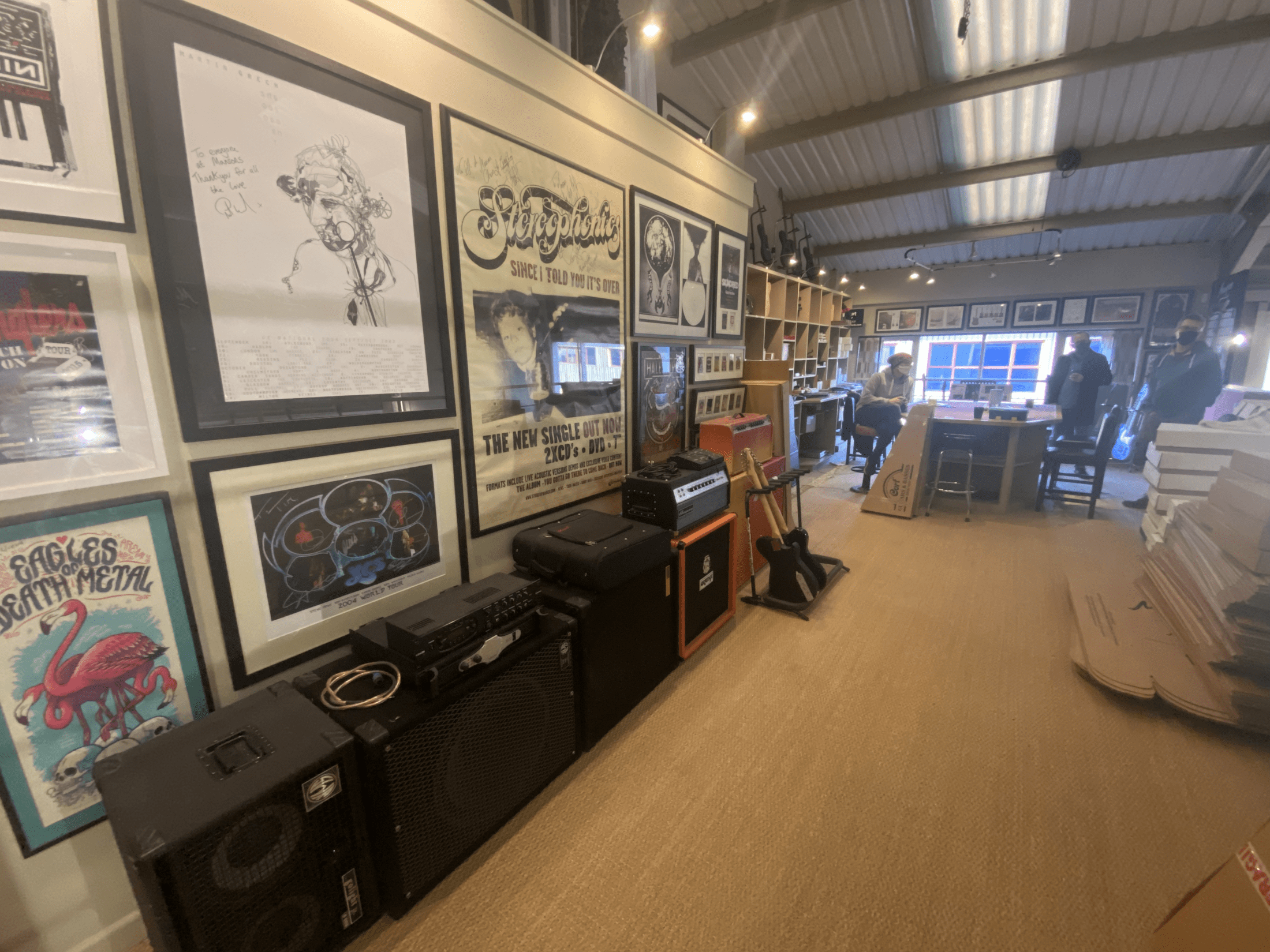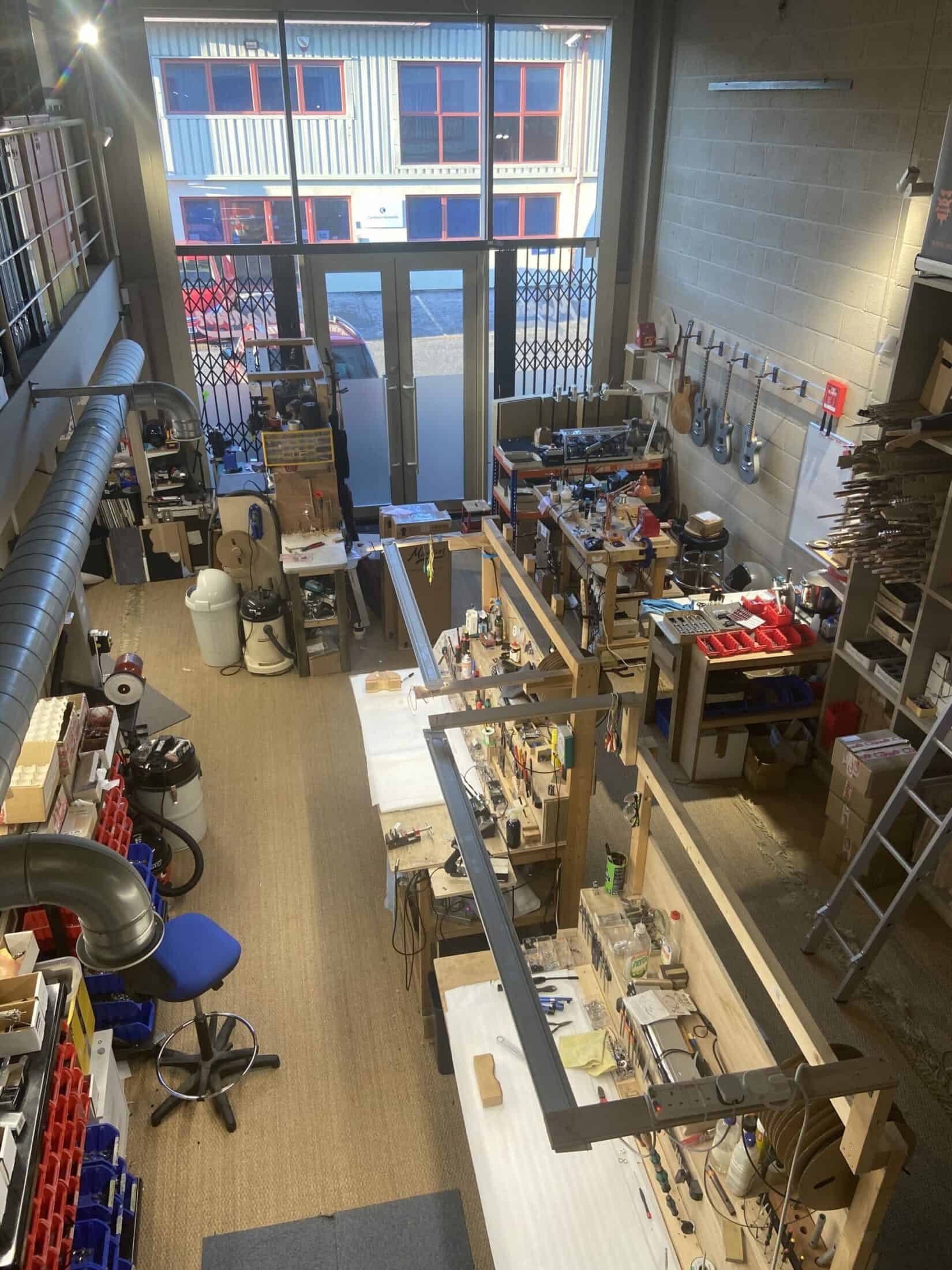AMS Sound Production Guide
Looking to join one of our free sound production short courses?
Why not check out our new sound production guide curated by our expert tutors. This set of resources offers advice, tips & tricks and fun exercises to try before classes start.
We are running a variety of short sound production courses across the end of 2022. Courses typically run over 6 sessions, are entirely free to those 14 and over residing in Scotland. Courses are SQA accredited and taught by industry professionals to provide you with the most up to date relevant industry knowledge.
Find out more about our upcoming Sound Production courses below.
Written Resources
Shure Microphone Techniques for Recording
Shure have been a leading manufacturer of audio electronics since 1925. In this written guide, you will find information on microphone techniques for different instruments, a glossary of commonly used terms and more.
If this guide fits your interests our free Intro to Studio Recording short course may be a great opportunity for you. Find out more here.
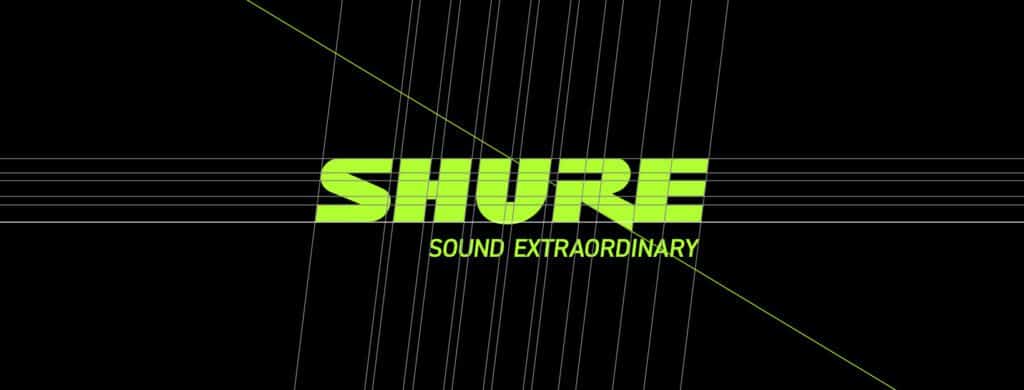
SoundOnSound – Sound Advice
Got a question from arranging, to softwares to sampling? Have a browse on the Sound Advice section of the Sound on Sound website.
Audio & Visual Resources
For those who prefer audio / visual resources, here are some YouTube recommendations covering production techniques and tips and tricks to use when producing.
Why Logic Pro Rules – Logic Tips & Tricks
SoundGym – Ear Training Games
Ear Training games from by Sound Gym designed to develop your skills in frequency detection, compression, reverb recognition, delay timing and more.
Andrew Huang – Music, Sound & The Creative Process
Andrew Huang creates engaging music and sound content over on YouTube. From different producers reworking the same samples to innovative music making techniques, these videos are a great way to get excited about producing your own tracks.
Pensado’s Place
Top mixing engineer Dave Pensado and Herb Trawick talk all things audio in their weekly show. The show includes interviews with top music industry artists, engineers, producers, mixers, and record executives, as well as in depth tutorials in engineering and mixing.
You can find more information on our free courses and upcoming dates below, any queries you may have about the course don’t hesitate to get in touch with our short course team, we’re always happy to help.
FIND OUT MORE ABOUT GUITARGUITAR
We have been working with guitarguitar on our free short course programme across the year, offering a £50 voucher to anyone who successfully completes the course.
We thought it was would be a great opportunity to share more information on the instrument retailer before the courses round up for the summer. Read on to find out more.

guitarguitar is an employee owned, award-winning musical instrument retailer for players, by players.
Founded by Kip McBay and Graham Bell in Edinburgh in 2004, guitarguitar takes pride in being the UK’s largest guitar retailer. Running for 18+ years and counting with over 160 expert employees, stocking everything a musician could possibly need. Whether you’re beginner, intermediate or rocking the main stage – guitarguitar have got the instrument for you and are here to help you find it.
They have incredible offers available including pre-owned guitars available at a variety of price points. Including benefits such as:
- 12 month warranty with pre-owned instruments and 90 days for electronic
- All pre-owned items are inspected, play-tested and set up before resale
- Condition report and professional quality photography listed for each product
- Second hand guitars are strung with quality D’Addario strings
For new equipment guitarguitar stock a wide range of acoustic, electric and bass guitar brands. This includes leading manufacturers such as Fender, Gibson and Ibanez, as well as lesser-known boutique brands. You can find the full list of brands they stock here.
We recently visited the guitarguitar Edinburgh store and enjoyed a guided tour with their expert team, staff performances, demonstrations and we found out more about the team’s top production picks. Check out some photos from our visit below.
Our last free short courses start Monday 4th July, why not sign up for a course of your choice and be in with the chance of receiving one of our £50 rewards vouchers?
Check out the courses on offer & guitarguitar below.
Hen Hoose Founder Tamara Schlesinger's Industry Insights
As part of our free short course programme, we have been speaking with industry professionals to find out more about their career pathways, current projects and sharing their advice to those just starting out.
 We recently had the chance to meet with Tamara Schlesinger: singer songwriter, record label owner, independent artist (MALKA) and founder of female and non- binary songwriting collective, Hen Hoose.
We recently had the chance to meet with Tamara Schlesinger: singer songwriter, record label owner, independent artist (MALKA) and founder of female and non- binary songwriting collective, Hen Hoose.
Read on to find out more about Tamara industry experience spanning over 20 years, the recent success of the Equaliser album and her advice for budding songwriters.
Looking to develop your skills in songwriting? Why not sign up for one of our free songwriting short courses, taught online and in our Glasgow centre.
Course typically run over 6 sessions, are entirely free to those 14 and over residing in Scotland. Courses are SQA accredited and taught by industry professionals to provide you with the most up to date industry relevant knowledge.
Check out our upcoming Singer Songwriter courses below.
Hi Tamara! Why don’t you introduce yourself?
My name is Tamara Schlesinger. I’m the founder of Hen Hoose, the all female and non-binary songwriting collective based in Glasgow. We work collaboratively writing to briefs for sync, music, TV and film adverts, and also we’ve written an album called Equaliser which is out now. It’s brings together some of the most experienced and successful songwriters in Scotland alongside new up and coming artists as well, which has been amazing. The idea is really to just showcase the talent that we have here in Scotland.
What was the inspiration behind starting the collective?
You don’t have to look very far to see the lack of women on festival lineups and unfortunately the data for female artist signed to major labels is atrocious. Only 17% of writers registered with PRS are women. So I just felt it was time to try and do something about it myself during lockdown. A lot of us had lost our revenue streams from touring. We were a bit lost in general and it gave us a focus and a purpose, to be honest and we ended up forming this beautiful community.
That’s amazing. It’s great to hear about really experienced songwriters working with newer songwriters and collaborating on ideas, giving different perspectives. It’s kind of similar to what we do AMS as well. Connecting experienced musicians with our students full of new ideas.
What have you been working on at the moment with Hen Hoose?
We’ve connected with a lot of the ad agencies in Scotland, we’re currently concentrating on sync because that’s where I have a lot of experience, in writing for TV and film.
I think with Hen Hoose, we’re looking beyond the writing to project production. So a lot of us are producing. We’re encouraging our artists and our writers to move into production or to have the confidence to produce to help combat the stats for women in production. I think only 2% of producer registered at MPG are women. Collaborating is really vital. Most of us are not great at everything. So it’s really good to work with someone else, learn from them. I think using the best of your skill set with someone else is actually a brilliant way of making music.
When you start out in music you just have your dream, your vision. I think sometimes it comes with experience to know that actually working with others can bring out the best in you.
I think there’s a really nice collaborative network in Scotland. Everybody kind of works alongside each other and most are very willing to to connect you with people and welcome you into networks. It is really, really important.
Tell us a little more about your songwriting camp with 23rd Precinct.
The songwriting camp was a Hen Hoose and 23rd Precinct collaboration. The idea was to bring some of our writers on board with some of the 23rd Precinct writers.
They were given 6 hours or so to collaboratively write to this brief, create their track then produce and mix it. On day two we swapped the groups and did the same, so each person came away with two songs that they’d collaborated on.
A lot of it was about development, but also these are active briefs needed in the industry. I think actually from that camp, some of the songs have been pitched already and had some good feedback. The hope is the writers come away inspired. It’s quite a good bonding and networking experience. I think some of the writers have kept in touch and they’re going to work together as well.
That’s so cool. People bouncing ideas around and building up each other’s ideas is really great to see across the board in Scotland at the moment.
When you start out in music you just have your dream, your vision. I think sometimes it comes with experience to know that actually working with others can bring out the best in you.
Tell us a little bit about the Equaliser album and what that experience was like?
Equaliser was a Hen Hoose collaborative project born in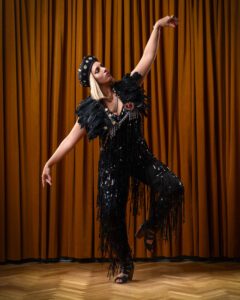 lockdown. I’ve run my label for best part of 20 years, I thought “I’ll pop it out on my label if it’s great” and it was beyond great it was just incredible. We did these zoom listening parties together, we were all just left amazed with each song we would hear. I’d be so lucky cause I’d get them early and I’d hear them first. I felt it was too good not to release. I wanted people to hear it.
lockdown. I’ve run my label for best part of 20 years, I thought “I’ll pop it out on my label if it’s great” and it was beyond great it was just incredible. We did these zoom listening parties together, we were all just left amazed with each song we would hear. I’d be so lucky cause I’d get them early and I’d hear them first. I felt it was too good not to release. I wanted people to hear it.
I think what’s really interesting with the project is somehow the record feels cohesive, it runs, it flows even with so many contributors. I think part of that is because we had people write on maybe two or three songs. So a part of them would run through the next song.
Even though it was written through lockdown it’s quite an uplifting record, actually. You’d have people that were just working across genres that they wouldn’t normally. We all got pushed out of our comfort zones. We all were producers. We didn’t know that before. We didn’t classify ourselves as producers because we always go into the studio and there’d be a man twiddling the knobs and they would be the producer. But actually creating all the arrangements on Logic or Ableton we found out we had that skill, we just weren’t crediting ourselves for it.
I love the album, I really am so proud of it. Equaliser has had amazing reviews, lots of play on 6 Music, it’s been a big success so far. Since interviewing, Equaliser has been selected for the Scottish Album of the Year Award Longlist.
It’s enough to make you emotional listening to you speak about what a warm, rewarding process it’s been working together on the project.
Yeah, I was actually crying. I hear the songs and I get quite emotional when we finished and on release day. We were recognised by the John Lennon Foundation for our work for gender equality. So at Christmas we got sent the vinyl of ‘Happy Christmas War is Over’ by John Lennon and Yoko Ono, which was a surprise. My husband had filmed me receiving it, I think he knew that something was coming and it went mini viral.
It was incredible. So we were able to auction that off and raise funds for the project. That’s what we were meant to do with this vinyl. That’s allowed us to bring in this round of artists that are not based in Scotland to work with our Scottish writers which is really exciting.
That’s really amazing. I would be really interested to hear a little bit about your career so far and how you got to here.
I had friends that knew some producers who wanted a singer while I was living down in London. I just went for it and said “I can sing”. I’d never sung in the studio in my life. I sang a cover of ‘Boots Are Made For Walking’ by Nancy Sinatra, and it was used on Lock Stock and Two Smoking Barrels. So it was a really crazy first entrance into music. I started to write my own music and I had a solo album. I was put in touch with Ann Harrison, who has written the definitive music business book [Music: The Business], and she was said “Why are you not just releasing this yourself?” This is 2004.
Not many people released their own music at this point and I could count on one hand how many women were doing it. So I did it and Ann helped me. She guided me, she was my mentor.
That’s when I just started to work on my music and then I eventually had a live band. I started working with the guitarist and we realised we were more of a band than a solo project now. So we named ourselves Six Day Riot. We worked with a producer called Steve Levine, who produced for The Beach Boys and The Culture Club. We did a record of him and lots of majors wanted to sign us. We didn’t end up signing anything. I thought “I’m gonna just release it on my own record label.” I’ve never released with any other label. I run my label and all my own projects. We had music on Skins and SCREAM 4, the Hollywood film and played Glastonbury Festival. Behind it all there’s me running everything.
That sounds like a really great but intense period of time.
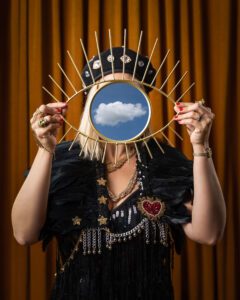 Everyone knows the lead singer is the tour manager, lead songwriter and the label. We protect the work, send the emails, do the admin. Sometimes I’d pretend I had a manager. I’d send emails using my now husbands name trying to negotiate fees. Every so often he’d come to gig and I’m like “Oh, you know that person they’ve just given us some tour dates” and he would have to stand and introduce himself having never spoke to them in his life. Then I left London, had my kids came back to Scotland and went solo, as MALKA.
Everyone knows the lead singer is the tour manager, lead songwriter and the label. We protect the work, send the emails, do the admin. Sometimes I’d pretend I had a manager. I’d send emails using my now husbands name trying to negotiate fees. Every so often he’d come to gig and I’m like “Oh, you know that person they’ve just given us some tour dates” and he would have to stand and introduce himself having never spoke to them in his life. Then I left London, had my kids came back to Scotland and went solo, as MALKA.
Even within that project, the success of my work was sync based. I think that’s why Hen Hoose made sense. So still running my label, I lecture as well in music business and and then Hen Hoose was born. So I kind of have these different hats. I have the business side and the artist side. I’ve released 10 albums of my own stuff across the board from solo to bands to collaborations as well. So yeah that’s kind of the trajectory of my career so far.
That is amazing, you’ve had such a varied career with one resounding theme throughout being having control over your own music.
Yeah you grow in confidence with handling your own work. I don’t use any other name now. I’m just me now. I’ve been doing it long enough that people would know I was lying!
It’s a massive achievement to have put out that many albums while trail blazing that path of self releasing.
My final question would be do you have any advice for anyone wanting to start out as a songwriter / self releasing musician?
You have to grow real confidence. Continue writing. Just write, write, write, write, write. Don’t worry about what genre or what style. Don’t worry about any of that. Just write. Find and discover yourself, connect with people. Go to events like Resonate, they are running networking nights where you just turn up with the guitar, writing and playing songs together. All these things are important and there’s so much available theres something for everyone. So just go find it, don’t sit in your room and hide. Go out and find your people and your own identity as a musician.
You can find out more about about MALKA, Hen Hoose & the free songwriting short course below.
AMS Partner University Ranks Highly In The Times
AMS are delighted to share excellent news on behalf of our partnership University, University of West London. UWL has been named “University of the year for Teaching Quality” and “University of the Year for Student Experience” in The Times & Sunday Times Good University Guide 2023.
UWL are now ranked in the top ten universities in London and have risen to an impressive 40th place in these latest national rankings.
This is the first time that both awards have been given to one university in the same year, and it is also the second time in the last three years that UWL has received the student experience accolade.
Receiving these two awards is a tremendous achievement and one that perfectly captures the ethos of UWL as a university. We are proud to work along side UWL to deliver a high quality of teaching and support across all our campuses and online as part of The Academy of Music and Sound.
The University of West London shared the following statement on their great news:
“Our students are at the heart of everything we do and that is why we have a relentless focus on delivering the best possible student experience so that they may thrive and achieve the success they deserve. It is gratifying to have that effort recognised with this latest accolade for student experience. This comes on the back of our successful National Student Survey results earlier in the year.”
AMS delivers our BA and M.Mus courses across our UK campuses and online in partnership with UWL. You can find all of our BA and M.Mus information over on our courses section and enquire directly below.
You can find out more about the University of West London and the awards presented below.
SAMA Live Acts Announced for the 2022 Award Ceremony
The Academy of Music and Sound is a proud partner of the Scottish Alternative Music Awards. The music awards that recognise the best new Scottish music, shining a spotlight across an eclectic range of contemporary music genres. Back for its 13th year, SAMA have announced the live music line up for the 2022 award ceremony on Thursday 8th December at Saint Luke’s & The Winged Ox.
Read on to find out more about the acts performing and the awards.
Theatrical electro-rock outfit VLURE, all-female rap trio The Honey Farm and intimate soul songwriter/multi-instrumentalist Becky Sikasa will perform at the 13th edition of the event, supported by The National Lottery through Creative Scotland in recognition of the SAMA’s growing significance across the music scene in Scotland and beyond.
New music champion Jim Gellatly and highly acclaimed poet Leyla Josephine will host the evening, which will see awards given to seven of the most outstanding artists working in Scotland today.
In keeping with the celebratory atmosphere will be a live performance from VLURE, the Glasgow five-piece who fuse intense club rhythms with towering synths, candid lyrics and an ethos that views the dancefloor as the stage for vivid, life-affirming catharsis.
Also set to play live is The Honey Farm, the school friends from rural Dunbar who went on to become “potentially the first and only and by default greatest Scottish female rap group of all time”, and Becky Sikasa, a multi-instrumentalist vocalist and songwriter whose SAMA performance will crown a prolific year of single releases showcasing her warm, humane, off-centre soul pop.
Hosts Jim Gellatly and Leyla Josephine, who will appear following a UK tour in support of her new collection ‘In Public/In Private’, return to SAMA following last year’s event where winners included Bee Asha, Bemz, K4cie and AMS alumni Lizzie Reid.
As in previous years, the SAMA 2022 seven award categories are:
- Best Live Act
- Best Newcomer
- Best Hip Hop
- Best Acoustic
- Best Metal
- Best Electronic
- Best Rock / Alternative
Nominations for each category will be put forward by teams of promoters, programmers, broadcasters, podcasters, editors, writers and artists from organisations such as Amazing Radio, BBC, Jupiter Rising, Scotland in Colour, Tenement TV, Time Out, The Skinny and Up2standard. A full list of nominators is available on the website.
Nominations for the seven awards will be announced mid November with the SAMA 2022 winners chosen by the public via an online vote later that month.
Founded over a decade ago by Richy Muirhead, the SAMA have grown in prominence over the years, with past winners including Fatherson, Hector Bizerk, The Snuts, Gerry Cinnamon and AMS alumni Lewis Capaldi, recognised long before his debut EP release.
Richy Muirhead explains: “SAMA 2022 aims to put a spotlight on genres and artists who have been working hard and making moves over the last 12 months! The showcase artists and nominations list reflect the creativity and quality of music coming out of Scotland in 2022. We’re thrilled to host the 13th edition of the event in Glasgow!”
Now in its 13th year, the event marks a festive highlight for what’s since developed and diversified into a year-long operation presenting other activities including the Paisley Takeover and PITCH, Scotland’s conference of hip hop and underground culture, presented in 2022 in partnership with FOCUS Wales and Europe’s biggest hip hop conference, New Skool Rules.
You can find out more about The Scottish Alternative Music Awards and grab your tickets for this years ceremony below.
"Women are at the forefront of UK Hip Hop": Arusa Qureshi Interview
We sat down with Arusa Qureshi, Edinburgh based author of ‘Flip the Script: How Women Came to Rule Hip Hop’, to discuss her life long connection with hip hop, the genres impact globally and closer to home as well as her career pathway, from her role as editor of The List to working with We are Here Scotland.
If you are considering taking part in one of our Rap & Hip Hop or Women in Music short courses coming up in June, make sure to check out Flip the Script as a great starting point to learn more.

Hey Arusa! Why don’t you tell us a little about yourself?
I’m Arusa Qureshi, I’m a writer and editor based in Edinburgh. I write mostly about music, but I also do a lot of work in diversity and accessibility in arts and culture. I used to be the editor of The List and now I’m a freelancer and I write for various places like NME, The Guardian and Gold Flake Paint. And most recently I’ve written a book called ‘Flip the Script: How Women Came to Rule Hip Hop’, which is a love letter to women in hip hop in the UK specifically.
At the start of your book, there’s a section all about hip hop being your safe haven and drawing the reader in with sharing your own connection with music from a young age, why don’t you tell us about that.
So hip hop is something that I’m really passionate about. Growing up, just seeing those women on TV owning their confidence really did something for me. It’s not just a genre of music, it’s more than that. It’s a cultural movement and it’s something I do love to analyse and write about and delve into the political and cultural aspects of it. I’ve written quite a lot about American hip hop and the roots of the genre. But I wanted to shine a light on what women in the UK were doing because I really feel like women are at the forefront of innovations that are happening in hip hop.
Yes, hip hop started in the Bronx, but it has travelled the world and it’s morphed and picked up things as it’s traveled. So, I’m really interested in where we are in the UK at the moment.
You can sense that lifelong connection, what really kicked off writing the book for you back in 2020?
Both the Scottish Album of the Year Award and the Welsh Music Prize were both won by women rappers, that’s Nova (SAY Award) and Deyah (WMP). It felt like we were in a really exciting period, that there was something special going on and I wanted to capture it in some way, and that’s what the book was.
You talk in the book about writing your dissertation on hip hop in 2015 and being strongly advised against it by your lecturers. What was that experience like?
My tutors didn’t see hip hop as a genuine art form. Which made me sad at the time and it still does thinking about it. But I went ahead and did it and I’m really glad I did because it really ignited this passion in terms of writing about hip hop and writing about the political aspects of music.
Personally, I think, in the UK we’re still a little bit behind America in relation to hip hop in academia, things are definitely much further ahead. I think partly because when Kendrick Lamar won the Pulitzer Prize in 2018, that was just a huge deal because hip hop was finally entering this sphere of being like a real art form, of being really respected.
I really do think even though it is born in New York, hip hop represents and tells you a story about very specific communities or groups of people, people with a very specific political history. And for that reason, it should be taken seriously.
The Academy of Music and Sound is proud to be the developers of the first Rap & Hip Hop pathway and short course into full time higher education in Scotland. Find out more about the educational opportunities we have on offer here.
Absolutely, we’ve seen a large scale shift in the media and education even in the past few years. What has your career looked like since finishing up your degree?
I went on to do a Masters at Napier in magazine publishing. I don’t think that doing a masters is the most important thing in the world at all. But it was the right choice for me at the time. I was really lucky that I got a scholarship to do it. So, because I was so grateful to be there, I really put myself forward for absolutely everything. I took advantage of all the free tickets that we got to conferences and events. I really didn’t close myself off from any experience that came my way. And I was interested in writing and editing, but I was willing to try out different things in that industry. The List had an opening and I just wanted to learn everything I could. I gradually became a part of the content team, and then in 2017 the editor was leaving. I applied for her job and somehow, I got it. And I say that because it was unexpected at the time. Unfortunately, because of COVID, my role as editor was made redundant in August 2020.
That must have been really tough.
Yeah, I was at the company for almost five years in total. So, it was horrible. But I became a full time freelancer shortly after. And I’ve been doing that since, and I’m really grateful to say that it has worked out. I’ve been able to do all kinds of different things. So, like, writing for publications like NME and The Guardian and and Time Out. And I’ve done some radio work, and I worked on a BBC podcast for a little bit. And then I wrote a book. And none of that would have happened if I hadn’t lost my job.
You’ll have built up a number of transferable skills in your time in the industry. That’s kind of what our short courses are about, giving people the chance to discover something new or up-skill. Which has been vital for so many creatives.
I think first of all, what you’re saying about the short courses, that kind of thing is so perfect for if you are wanting to just build on what you already have or you know what you don’t have in terms of skill sets. Over the past two years it’s things like that I really looked out for I guess to try just push myself in different ways in the industry. It’s sometimes the case that you think you’re good at one thing and you can’t really do anything else but there’s so many things you could do with the skills that you have and that’s really what I’ve learned over the past two years.
Do you think your transferable skills made the transition to freelancing easier?
I took the time to try all opportunities that came my way. It’s about really looking at the skills that you have and seeing what else you could use them for. And I think in terms of the skills I had from my earlier job, being organised, attention to detail and good with deadlines honestly helps me in everything I do. I think you have to really think outside the box a little bit when you’re looking at what you could use your skills for. You might think, “well, I’m a writer, so I can only write.”
But you can work in TV, you can work in radio, you can work in film. You can work in all kinds of things. It’s just about being open to trying things.
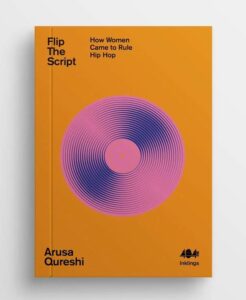 Would you say there are any resources you’ve used specifically to find hip hop opportunities throughout your career?
Would you say there are any resources you’ve used specifically to find hip hop opportunities throughout your career?
When it came to just looking for opportunities and applying for jobs, I subscribed to a lot of different newsletters that were free to subscribe to. They would send out regular specifically writing opportunities, but also ones that would say whether there was a role in the music industry for example, and it was just a good thing to keep getting that in my inbox. Just to remind me that there are things out there in terms of resources for hip hop. I really wish there was more written about just hip hop generally, but also specifically about women and hip hop. And there is a lot of written about it in in the US, but not as much in the UK.
You can look at my bibliography in the book, which has everything that I read and that will give you a really good idea of resources in the genre.
Are there any organisations to look into too?
I think it’s also worth drawing attention to another organization I work for called ‘We Are Here Scotland’, which is basically all about amplifying voices of creatives of color in Scotland and we do various things. We’ve been working on a creator fund, so artists of color in Scotland can apply for £500 bursaries for things like equipment or studio time or something like that. And I think it’s been a really good resource so far because as well as the fund we offer mentorship. I think mentorship is one of the most important things for people starting out.
“Hip Hop is not just a genre of music, it’s more than that. It’s a cultural movement.”
That sounds incredible, having even 1 person in your corner can make such a difference.
Absolutely! And not just for people who are just starting out, but even people who are further on in their careers. Just being able to speak to people who’ve made that step or done what you’re looking to do. It is just so important that you’re getting the advice from somebody that has already been there and done. It can be totally valuable.
Tell us a little more about We Are Here Scotland.
We Are Here was founded by Ica Headlam, and the project was initially funded through crowdfunding and now has received Creative Scotland funding to support the next round of people and it’s just been so great so far. The first round of people who got the funding, that was a little while ago, they’re all in their process of using that money and doing the mentorship and stuff and it’s really cool to see. £500 isn’t a huge amount of money to some people, but for somebody just starting out when you’re looking for materials or you’re looking to even just pay yourself to be able to do a project, it can be so important.
We’re just trying to demystifying things a bit and help people that maybe think that they don’t belong in not just the music industry, but the wider creative industries. We want to really show that there is a place for them. And there’s people here to help.
That’s really incredible. How do you feel about Hip Hop in the UK right now?
I’m honestly so proud of where we are at the moment when it comes to hip hop in Scotland. Hip Hop in the UK is always traditionally revolved around London and that’s makes sense because it’s kind of where it started in the UK. But there’s so much going on beyond London and the levels of talent that we have in all regions is just insane. I feel like hip hop & offshoots like grime and drill etc. are thriving. We can’t just look to London automatically as the place to find the best of the next big talent. Nova winning the SAY Award, I think that meant a huge amount to the Scottish music industry and just to the industry taking hip hop seriously and even beyond Scotland this.
You know it is a hugely respected and really popular genre. There is a statistic in my book, I think it was from 2020 or 2021 that states, hip hop accounts for over a fifth of all UK singles consumption, which is like a sixfold increase on 1999 and that’s huge.
Before you go Arusa, why don’t you share what’s in your playlists at the moment? Who are some of your favourite artists right now?
In Scotland I love BEMZ, Washington, Clarissa Woods and The Honey Farm. Elsewhere, I love Lil Simz and ENNY as well. If anyone is interested in just hearing more hip hop generally in the UK and I made a playlist that goes along with the book, at the moment it’s over 8 hours long, but I keep adding to it as things come out!
Check out the Flip the Script Playlist here.
If you would like to find out more about the culture of hip hop and rap performance AMS are running a series of short courses across Edinburgh & Glasgow in June. Classes take place across a variety of weekdays and run from 10am-4pm. We are also running a weekend online Women in Music short course across 3 Saturdays and Sundays from 11th June until 26th June with classes running from 10am-4pm. You can find more information about all our courses below.
Meet Scotlands Audio Designers Ahead of The Music & Sound for Games Short Course
Our Music & Sound for Games free short course sets out to allow sound designers to gain experience and learn the essential transferable skills needed when working within this globally recognised sector.
From ‘Grand Theft Auto’ to BAFTA winning ‘Crackdown’, the Scottish game sector has made indispensable contributions to the global games market. The sector is made up of a strongly connected network of freelancers and companies set out to create immersive gaming experiences for each player.
The Academy of Music and Sound looks forward to opening opportunities for people in Scotland aiming to access the sector, and support students as they take their first steps towards a potential career in music & sound for games.
The online Music & Sound for Games course is free to all Scottish residents over the age of 14. You can find out more information about the course and apply below.
We wanted to give a direct insight into working in the games sector ahead of the course. We managed to sit down with two of Scotland’s’ own sound designers, Luci Holland and Kenny Young to discuss working in the games sector. Kenny and Luci have both spent a great deal of time building up their skills and network within the games sector and have worked on some outstanding projects.
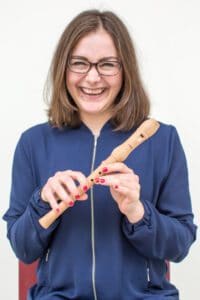
Meet the audio designers
Luci not only composed the dynamic score for Blazing Griffin‘s multiplayer-stealth game Murderous Pursuits, but she has worked as a freelance composer and sound artist across games, film and interactive sound installations for over 10 years. She also runs her own UK game show, ‘The Console’ on Scala Radio along her freelance Programme Manager position within Glasgow’s own, Tinderbox Collective. While Luci enjoys working on all types of music for media, it was playing games like LoZ: Ocarina of Time, Broken Sword, and The Secret of Monkey Island as a child that first hooked Luci into music, and music & sound for games especially.
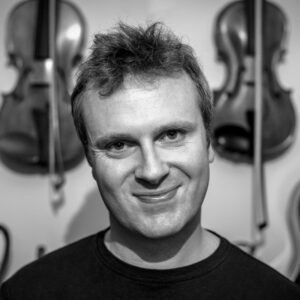
For Kenny, his combined interest in how sound and the moving image worked together, and games and technology made audio for games feel like the best fit for him. Considering a career in both film and gaming, the latter won due to the nature of the film industry being less appealing than that of sound design for games. Kenny has worked on an impressive variety of projects. From running the audio department of Media Molecule for many years and developing sound experiences such as ‘LittleBigPlanet’ and ‘Tearaway’, to working with Sony Japan on Astro’s Playroom, Kenny may be part of the Scottish industry, but his work truly reaches the international market.
When asked if there was anything in particular that interested them in audio for gaming, they had the following to share:
Luci
“There are a lot of things that I find fascinating about games audio, but I find just the puzzle of making interactive experiences quite inspiring – for example the process of figuring out what role the player has when interacting with the game, and how the sound is shaped to respond to this in interesting and immersive ways.”
Kenny
“It’s challenging to create an interactive audio experience, so if you enjoy working with and wrangling technology then that’s part of the draw. You definitely need to have good problem-solving skills, and a love of technology absolutely helps.
There are other tangential benefits that come with the complexity of making games such as the need for teamwork, and the industry is therefore intrinsically rather collaborative, relatively flexible and often quite meritocratic in nature. The audio community has a reputation for being welcoming to newcomers, perhaps because it has always had such a high percentage of freelancers and so the support and social networks tend to be strong.”
They also shared their pathways into the games industry.

Luci
“I’ve probably been more largely involved in the games industry for about 5 years now, working as a freelance composer for studios and independent developers. Outside of games though I’ve been working as a freelance composer and musician for around 10 years.
My path has been a big mix of work but with a focus on composition both in and out of games – I’ve worked on creative commissions and collaborations, recordings, performances, with local arts organisations, some teaching, and various other mixed artform projects.
Within the games world as I have built a portfolio of work and gained more experience, I’ve connected and built more relationships with more game developers and other creative studios, both locally and further afield.”
Kenny
“I’m originally from Edinburgh and had a musical background, playing violin and guitar as a kid and student. I decided not to pursue performance and went on to study Music Technology at Edinburgh Uni, before going on to study a master’s degree in Sound Design at Bournemouth.
Outside of my studies, I spent the year of my MA really focusing on researching the industry and trying to get a job in games, and I was fortunate enough to go straight into a junior sound design position with Sony London Studio in 2004. I left Sony in 2007 to start up the audio department at Media Molecule, which is when I began writing and contributing more music in addition to my sound design and audio direction duties.
I decided to go freelance in 2015 and moved back to Scotland at the end of 2020. So, geographically speaking, I’m absolutely part of the Scottish industry now, but my work is international, and I haven’t worked with any Scottish developers yet. I’m sure I will one day!”
the best work comes not from talented individuals but from talented individuals collaborating. Collaboration has shaped and informed my career. - Kenny Young
As we are launching a new educational pathway of audio for games, we were curious to hear Kenny and Luci’s opinions on education in their specialist field.
Luci
“It’s great to see more local institutions exploring and teaching more in this field – I would love to see game music composition and audio become a thriving creative hub here in Scotland, showcasing the importance of these roles and helping to continually advance both games audio and games themselves.”
Kenny
“Outside of learning bread and butter topics, I think the most important thing I got from my studies was inspiration. Not just in terms of studying the best of what had come before, but also the context in which it had come to fruition – the understanding that the best work comes not from talented individuals but from talented individuals collaborating has shaped and informed my career.
I think it’s important for students trying to get into the creative industries to know that nobody is going to hire them based on a qualification they have. The point of studying is to learn new skills so you can level up and apply yourself in a relatively efficient manner. The trick is being able to show the fruits of that to prospective employers or clients. So, your portfolio is crucial, and you need to take every opportunity you can to add to it and make a real effort to work on projects with other people rather than just personal projects because this will help you to grow the collaboration and communication skills that are necessary to succeed.”
We all have a connection with games in one way or another, whether it’s a memory from a long time ago or a current favourite hobby. We were keen to know the first use of audio in a game that really caught Luci and Kenny’s attention and what their favourite soundtrack / score or use of audio effect is now.
Luci
“One memory that comes to mind is a simple one, but it was probably the first time I really took notice of reactive music – it was while playing Pikmin and noticing the interactive musical layers shifting as you explored the level! Different instrumental layers play based on whether you are near treasure, or enemies – very satisfying.
In terms of favourites, that’s such a tricky one to answer as I have so many and it’s also constantly changing! I’m a huge fan of these scores:
- Everybody’s Gone to the Rapture (Jessica Curry),
- LA Noire (Andrew Hale & Simon Hale),
- EverQuest II (Laura Karpman),
- The Vanishing of Ethan Carter (Mikolai Stroinski),
- Kingdom Hearts (Yoko Shimomura),
- The Last Guardian (Takeshi Furukawa) and
- Hollow Knight (Christopher Larkin)
Those are some regular favourites I constantly return to.”
Kenny
“I have fond memories of PC games in the 90s – Doom, Sim City 2000, X-Wing, Wing Comander III amongst many others. Messing about in Doom level editors was my first introduction to game engines and design tools. But Deus Ex stands out as a particularly formative experience – it really sucked me in with its branching story line, use of gameplay as narrative and Alexander Brandon’s wonderful, evocative music.
Ah, there’s so much good stuff! Off the top of my head, I’d say my favourite soundtracks were Monkey Island 2, the Portal games, Martin Stig Andersen’s amazing work at Playdead on Limbo and Inside, Austin Wintory’s music in Journey. All great scores but, more importantly, all great games with the audio experience contributing significantly to the end result.
And that’s a key point – the job of the composer is not to “write music” it’s to contribute towards the music experience as part of the wider player experience. It’s all too easy at the beginning of your career to focus on the technical side of writing music but writing music that fits an experience is a whole other skill and you need to develop that muscle and understanding too.”
Manson Guitar Works Gift AMS Exeter Iconic Guitars
Manson Guitar Works has supplied iconic instruments to some of the music industries’ biggest names. From Muse to Led Zeppelin to Foo Fighters, Manson have crafted guitars that have played a part in entertaining audiences all over the world. As much as Manson has a global influence, after being based in Devon since the 1980’s, they have a connection to music much closer to home.
Manson Guitar Works is a long-term supporter of the arts and music education, reflected in their recent generosity in the form of a guitar donation for the use of our AMS Exeter students.
This donation offers our students the opportunity hone their craft using some of the best quality instruments available. Learning skills that will take them forward into their musical careers. We could not be more thankful to Manson Guitar Works for this outstanding gesture.
We spoke with co-owner of Manson Guitar Works, Adrian Ashton recently about his time in the music industry, working with Manson and the generosity the company has shown to AMS.
When asked about the motivation behind the donation, Ashton had the following to share:
“We’ve always supported music education and the arts. Having a recent tour of the AMS premises and seeing familiar faces reminded us of the importance of collaboration between all the music industries. No new musicians means no new guitars!
We created an allocation of instruments that can be donated to charities and institutes that normally have a musical theme. So it made perfect sense to equip the AMS sites with some instruments that can take a lot of use and being played every day. It’s great seeing the instruments in the academy, Jon Wilson, Exeter manager was a student of mine in the past, it just all made perfect sense.”
As well as Manson’ joining us on campus, members of staff from AMS Exeter were also welcomed into the Manson Workshop earlier this month. Having a tour of the premises and seeing the instruments being made was a unique experience for our team.
Check out some behind the scenes images below.
Ashton is actually a bassist, not a guitarist some may be surprised to know. When asked about why he chose to pursue the bass as his instrument of choice he said:
“My early music influence was punk rock and, in my view, all the exciting players in that genre were playing the bass guitar. JJ Burnel from The Stranglers, played very intricate lines, but you could also include Paul Simonon of The Clash, Paul Gray of The Damned and many others.
Once set on the bass, the legends of technical bass appeared on my radar, including of course the late, great Jaco Pastorius, who really set the bass world on fire. It served me well at B.I.T. where every live playing workshop required a bass player but with a mix of 40 guitarists to each bass player you found yourself getting to perform 10 or more times over the guitar students at the college. Definitely a plus for bass.
I really enjoy bass and have been fortunate enough through founding Bass Guitar Magazine to have met and spoken to almost every one of my bass heroes. On one occasion I interviewed Billy Sheehan of Mr. Big, Steve Harris of Iron Maiden and John Entwistle of The Who in the same morning. I’ll never forget that!
Being musically educated helped my journalism career. When professional players knew I could talk their language, I could earn their respect and create a more successful interview. “How do you solo through a II, V, I progression?”, usually gets more respect than, “What star sign are you?” Music education gives you that.”

Ashton not only studied music at Berklee College of Music and The Bass Institute of Technology in Los Angeles but also obtaining a degree in Law. We thought it would be interesting to share Ashton’s insights on music education how it has effected his career.
“I’ve spent a good time in music education, with courses at Berklee College of Music and The Bass Institute in Los Angeles. Whilst there is always the time-tested and, if you make it, great alternative of just joining a band and hoping you’ll be successful, music education allowed me to gain skills I probably wouldn’t have got that way; plus, at 27 I was already past my sell-by date! Whilst establishing my business, music education allowed me to get sight-reading gigs, teach, write for magazines, and set up my own music school, which as well as being great fun, allowed me to have an income. Performing at the school was also a great way to get ready for gigs in styles that I wasn’t so familiar with such as jazz, big band and blues.”
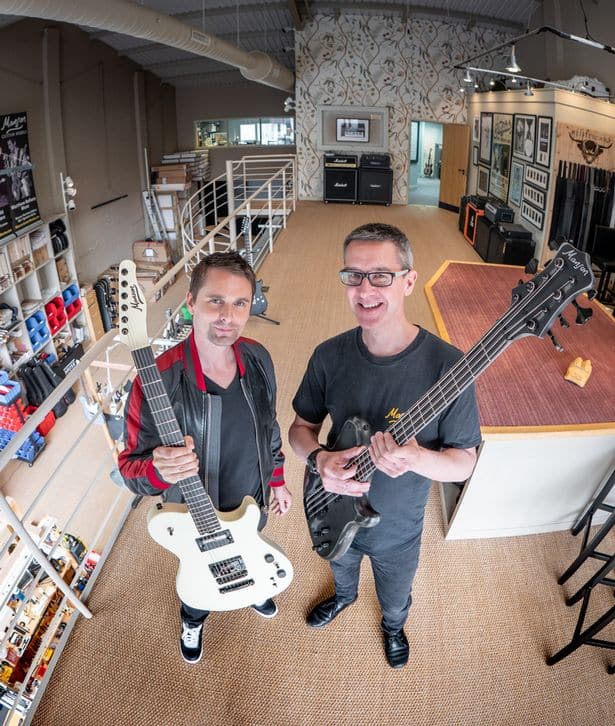
We were also curious about his career highlights from his time working within Manson Guitar Works. He shared the following:
“There have been so many moments I’ve had working with artists and the team here that occasionally I do have to stop and just remind myself of how great the music business can be. I am not sure I can single one moment. Recording with Martin Grech with us both using Manson guitars was a playing highlight, our recent ORYX guitar project with Adam Nolly Getgood has also been an amazing venture. Having Matthew Bellamy as a business partner makes each day exciting; we aim to achieve new heights in the business as he does with his music. They all sit equally with coming to work with a small but really dedicated team I’m super proud of.”
___________________________________________
This donation from Manson Guitar Works is one of those moments within our team here at AMS that has made us stop and consider how genuinely great the music industry can be, as Ashton has said. We know that for our students at AMS Exeter, this donation could spark a new sense of inspiration, leading our students to play something new and exciting for the first time.

